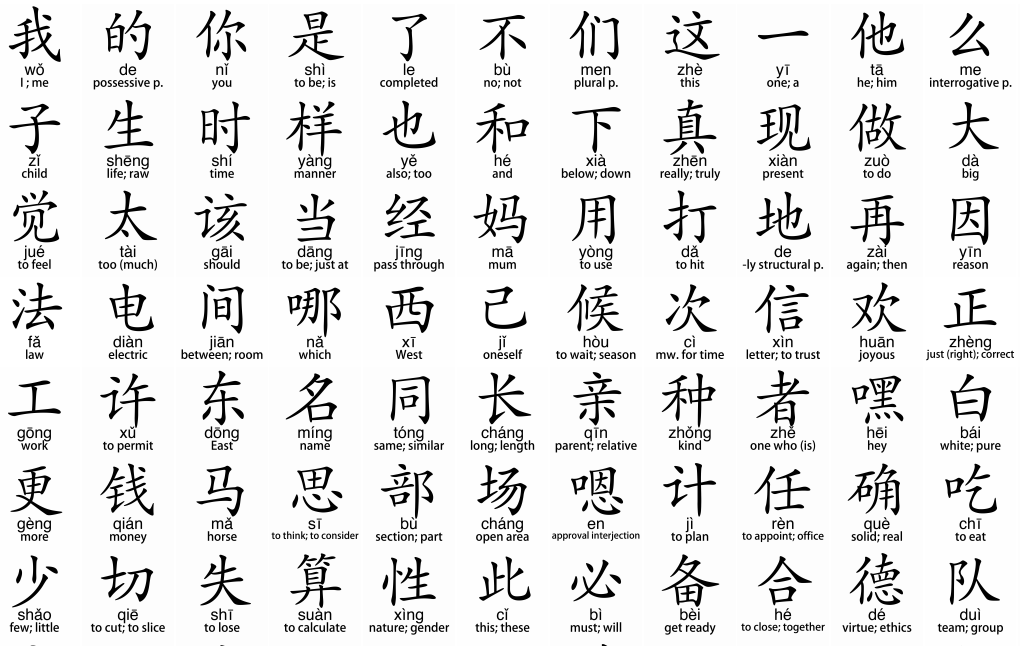Survival Chinese: Essential Phrases for Travelers
Embarking on a journey to China can be one of the most exhilarating experiences of your life. From the bustling markets of Shanghai to the serene landscapes of Guilin, China offers an array of experiences that are as diverse as its landscapes. However, navigating through the Middle Kingdom without a grasp of the language can be daunting. That’s why we’ve put together a beginner’s guide to essential Chinese phrases for travelers, complete with pronunciation tips and practical applications. Whether you’re ordering food, seeking directions, or just trying to make a connection with the locals, mastering these phrases will greatly enhance your travel experience.
Table of contents
1. Basic Greetings and Etiquette
Hello: 你好 (Nǐ hǎo)
Pronunciation: Nee-how
Use this greeting when meeting someone for the first time or when entering a shop.
Thank you: 谢谢 (Xièxiè)
Pronunciation: Shyeah-shyeah
Always say thank you; Chinese culture places high value on politeness.
Sorry/Excuse me: 对不起 (Duìbuqǐ)
Pronunciation: Dway-boo-chee
Whether you’re squeezing through a crowded train or catching someone’s attention, this phrase is essential.
2. Navigating Your Way Around
Where is the bathroom? 厕所在哪里? (Cèsuǒ zài nǎlǐ?)
Pronunciation: Tser-swoh zeye na-lee?
An indispensable question that will be useful in numerous situations.
How much is this? 这个多少钱? (Zhège duōshǎo qián?)
Pronunciation: Zher-guh dwoh-shao chyen?
Perfect for shopping in markets or malls.
Can you show me on the map? 你能在地图上指给我看吗? (Nǐ néng zài dìtú shàng zhǐ gěi wǒ kàn ma?)
Pronunciation: Nee nung zeye dee-too shahng jr gey woh kan ma?
Especially useful when you’re lost or exploring.
3. Dining Out
I am a vegetarian: 我是素食者 (Wǒ shì sùshí zhě)
Pronunciation: Woh shrr soo-she jr
Many regions in China are not predominantly vegetarian, so this phrase will be crucial in restaurants.
Is it spicy? 这个辣吗? (Zhège là ma?)
Pronunciation: Zher-guh la ma?
Depending on your spice tolerance, you might want to know this before ordering.
Can I have a menu, please? 请给我菜单 (Qǐng gěi wǒ càidān)
Pronunciation: Ching gay woh tsai-dan
This will help you dive into the vast world of Chinese cuisine.
4. Handling Emergencies
I need help: 我需要帮助 (Wǒ xūyào bāngzhù)
Pronunciation: Woh shyo-yow bahng-joo
Use this phrase in emergencies or when you’re in trouble.
Call the police: 叫警察 (Jiào jǐngchá)
Pronunciation: Jee-ow jing-cha
In case of theft or other serious issues, knowing how to call for the police is crucial.
I am lost: 我迷路了 (Wǒ mílù le)
Pronunciation: Woh mee-loo luh
A simple sentence that can get you back on track with the help of locals.
5. Reading Common Signs
Exit: 出口 (Chūkǒu)
Entrance: 入口 (Rùkǒu)
Push/Pull: 推/拉 (Tuī/Lā)
Recognizing these characters can help you navigate public spaces more effectively.
6. Conclusion
With these essential Chinese phrases for travelers at your disposal, your journey through China will become less intimidating and more enjoyable. Remember, every attempt to speak Mandarin is appreciated by local people, and it often leads to warmer interactions and an enriched travel experience. Don’t worry about making mistakes; the effort alone can endear you to many. So, pack your phrasebook or this handy guide, and set forth on your adventure with confidence! Safe travels, or as the Chinese say, 一路顺风 (Yílù shùnfēng)!









2 Comments